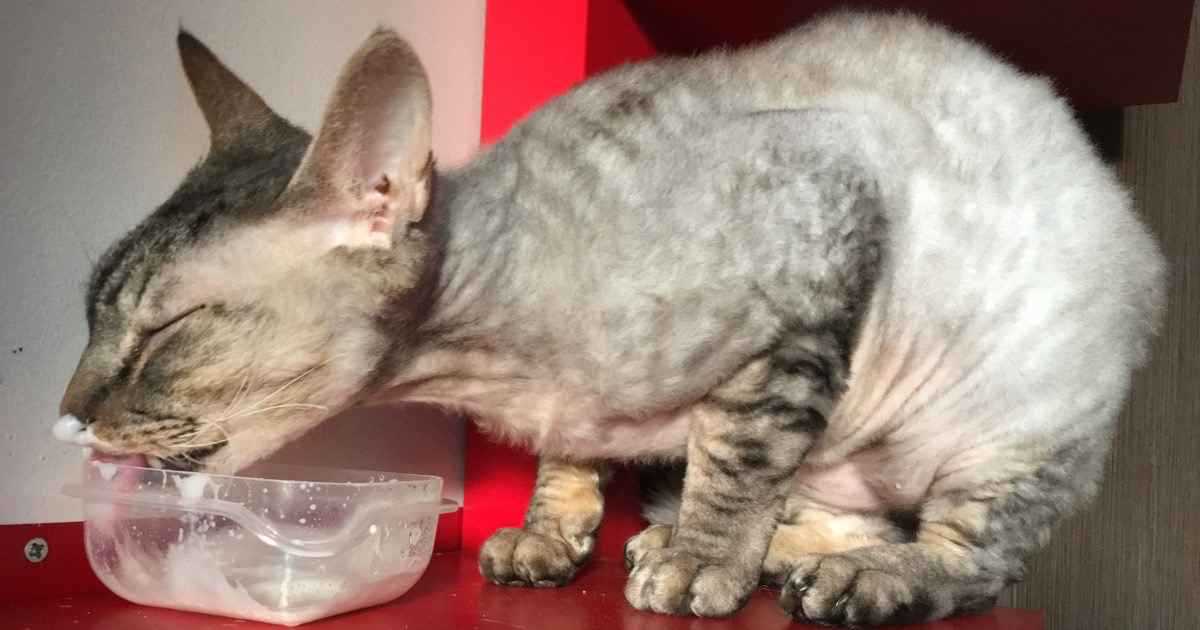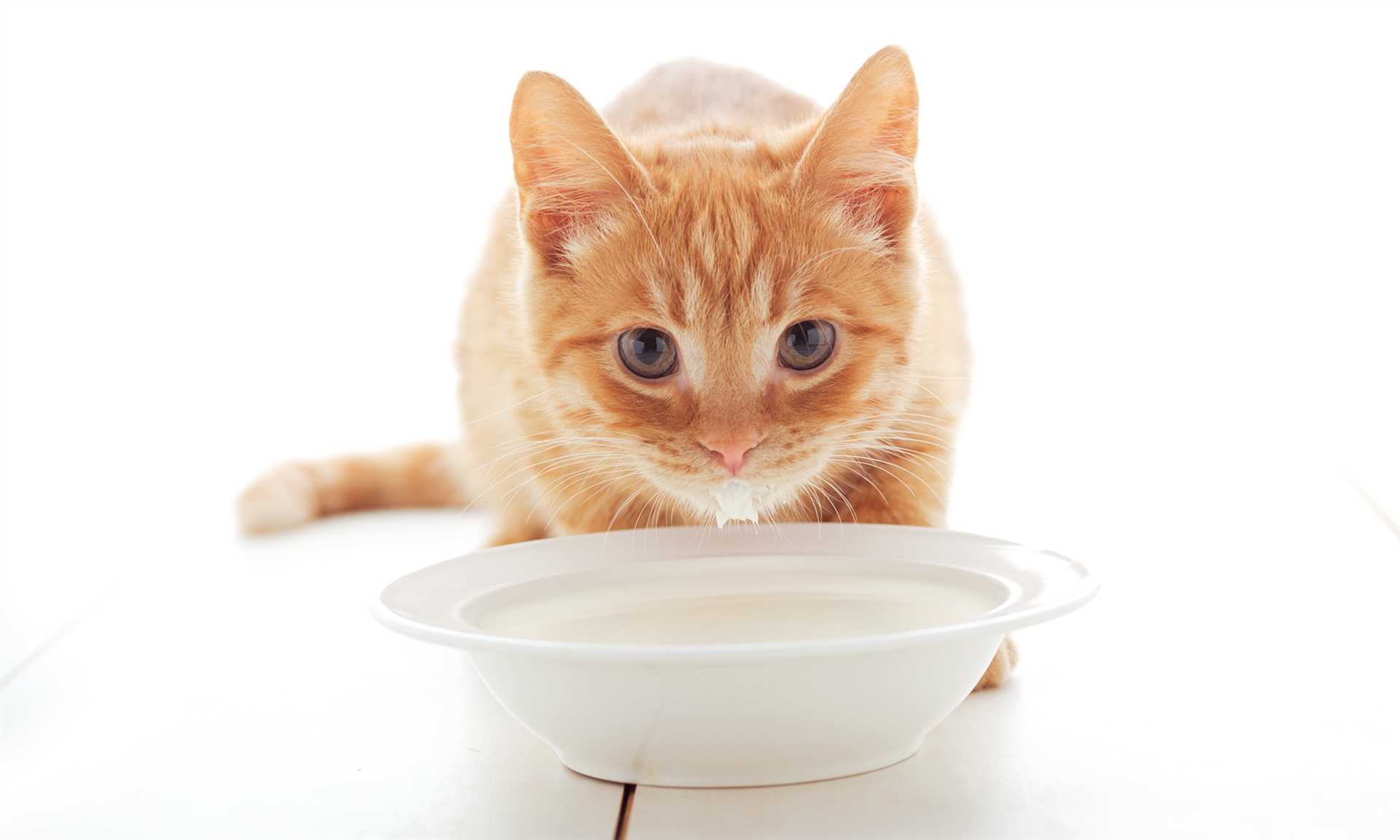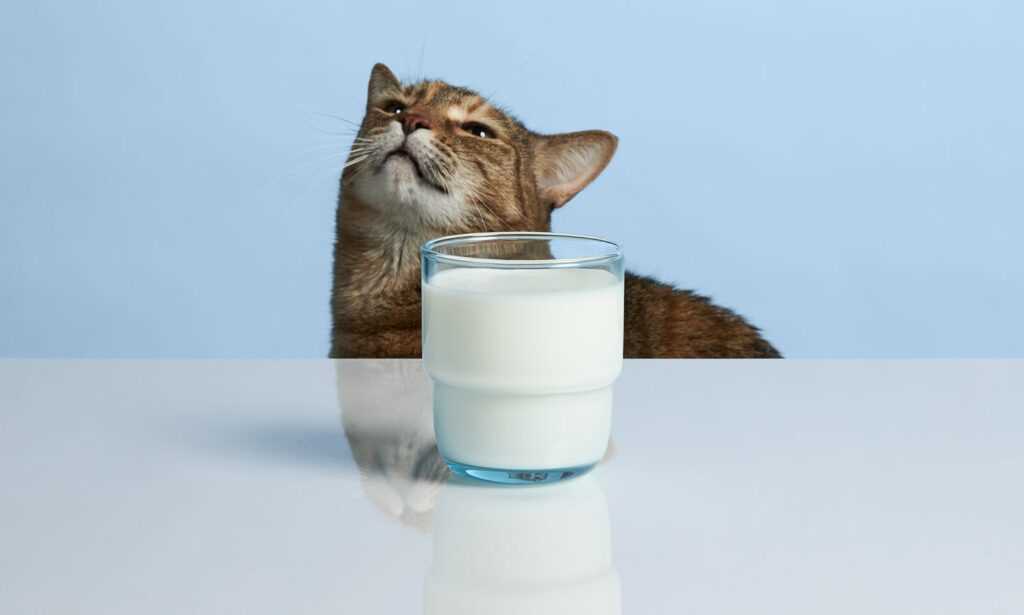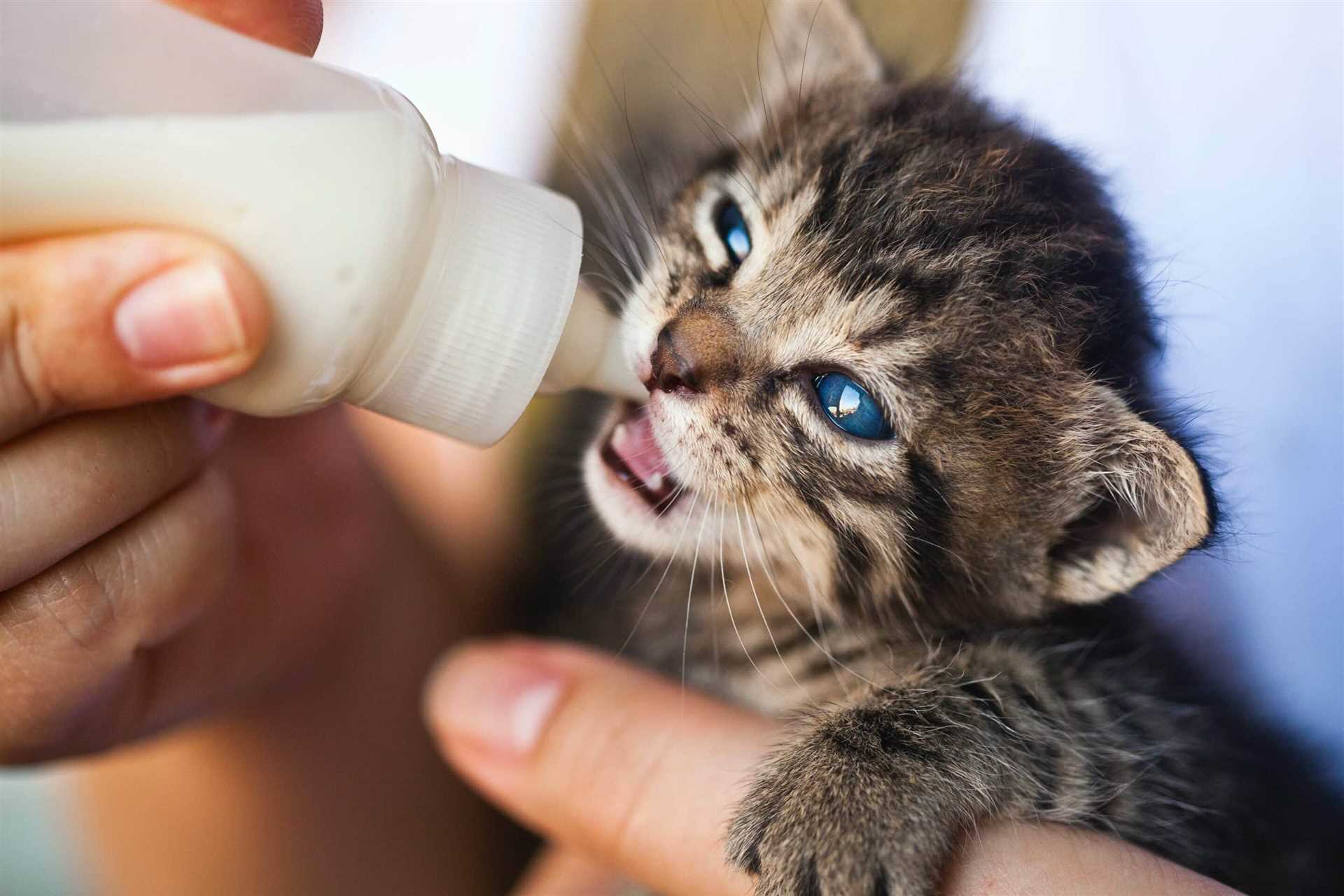As a Scottish Fold with a penchant for the finer things in life, I can tell you that not all creamy delights are suitable for me. While the image of a cat lapping up a bowl of white liquid is charming, it’s time to set the record straight: many of us are lactose intolerant. This means that indulging in this classic beverage can lead to tummy troubles, including upset stomachs and unpleasant gas.
Instead of traditional dairy, consider alternatives specially formulated for feline friends. These options provide the same enjoyment without the adverse effects. Numerous brands now offer lactose-free versions that allow for a guilt-free experience. Just remember to check the ingredients to avoid any additives that might not be so friendly to our delicate systems.
When offering any new delicacy, moderation is key. A small amount as an occasional indulgence can be a delightful surprise. Always observe how your body reacts; if there are any signs of discomfort, it’s best to skip it entirely. Keeping my diet balanced and my tummy happy is my top priority, and I hope you’ll join me in making wise choices for our health!
Milk as a Feline Delight

While I occasionally enjoy the creamy goodness, it’s not the best option for all my furry friends. Many of us lose the ability to digest lactose as we mature, which can lead to tummy troubles if consumed in excess.
Recommendations for Offering Dairy
- Consider lactose-free varieties specifically designed for feline enjoyment.
- Limit portions to small amounts to avoid digestive distress.
- Always observe reactions after trying new foods.
Alternatives to Consider
- Consult with a veterinarian for safe snack options.
- Treats made from chicken or fish are often more appealing and better tolerated.
- Hydration is key; fresh water should always be available.
In short, while a bit of creamy treat can be tempting, it’s wise to prioritize what keeps us healthy and happy. Choose wisely and always prioritize your well-being!
Understanding Lactose Tolerance
Most adult felines lose the ability to digest lactose after weaning. This means that the creamy liquid, often seen as a delightful snack, may lead to digestive issues. Symptoms like upset stomach, diarrhea, or gas can occur if consumed in excess.
Some individuals may tolerate small amounts better than others, but it’s not a guarantee. The enzyme responsible for breaking down lactose, lactase, decreases significantly as one matures. Kittens produce this enzyme to process their mother’s nutritious fluid, but the levels drop as they transition to solid food.
If you’re considering offering a creamy indulgence, opt for lactose-free alternatives specifically designed for furry companions. These options provide a safe way to enjoy a treat without the unpleasant side effects associated with traditional dairy.
Always observe for any adverse reactions after introducing new items into the diet. If discomfort occurs, it’s best to avoid those items in the future. Staying informed about dietary choices helps ensure a happy and healthy lifestyle.
Potential Health Risks of Dairy for Feline Friends

It’s wise to steer clear of offering dairy products to those furry companions. Although the thought of a creamy treat sounds delightful, the consequences can be unpleasant. Many felines lack sufficient lactase enzyme, which is necessary for breaking down lactose found in dairy. This can lead to digestive troubles.
| Health Issue | Symptoms |
|---|---|
| Diarrhea | Loose stools, frequent trips to the litter box |
| Vomiting | Regurgitation, signs of discomfort |
| Abdominal Pain | Unusual behaviors, hiding, or reluctance to play |
Persistent exposure to dairy can lead to more severe gastrointestinal issues. If a furry friend develops these symptoms after consuming dairy, it’s best to eliminate it from their diet entirely. Always consult a veterinarian if you notice any adverse reactions.
For those looking for safe indulgences, consider alternatives designed specifically for furry companions. These options often provide a tasty experience without the risks associated with dairy products.
For more insights on maintaining a clean environment for your furry friend, check out the best pressure washer concentrate for keeping your home spotless.
Alternatives to Milk for Cat Treats
Yogurt is a delightful option. Look for plain, unsweetened varieties with live cultures. A small spoonful can be a tasty reward while aiding digestion.
Chicken or turkey broth, without added salt or seasoning, makes for a savory surprise. Ensure it’s homemade or store-bought specifically for pets, providing hydration and flavor.
Fish or chicken-flavored treats are popular among my friends. These often contain real meat and can be found in various textures, from crunchy to soft, catering to different preferences.
Freeze-dried meat pieces also score high on the yum scale. These retain the natural flavor and nutrients, making them a great and healthy choice.
Some companies offer specialized lactose-free options that mimic the creamy taste without the tummy troubles. Check ingredients carefully to ensure they’re safe.
Vegetables like cooked pumpkin or sweet potato can be a surprising hit. These options are rich in fiber and can be served in small amounts as a unique snack.
Always introduce new foods gradually to monitor for any adverse reactions. Keeping treats varied ensures both satisfaction and health. Happy snacking!
How to Safely Introduce Dairy to Your Feline Friend
Start with a small amount of lactose-free options. This reduces the risk of digestive issues while allowing for a taste experience. Monitor reactions closely for any signs of discomfort or unusual behavior over the following hours.
Gradual Increase

If the initial taste is well-received, gradually increase the amount over several days. This slow introduction helps identify any sensitivity to dairy, allowing adjustments as necessary.
Observe and Adjust

Keep an eye on digestion and overall health. If signs of stomach upset occur, reduce or eliminate dairy from the diet. Consulting with a veterinarian provides additional guidance tailored to individual needs.
Signs of Milk Intolerance in Felines
Pay close attention to gastrointestinal issues after consuming dairy products. If your furry friend experiences vomiting, diarrhea, or excessive gas, these may indicate a negative reaction.
Watch for changes in behavior. If your companion seems restless or uncomfortable post-consumption, it could signal lactose sensitivity. Observing their energy levels can also provide clues; lethargy may accompany digestive distress.
Monitor their appetite. A sudden reluctance to eat or drink water might coincide with intolerance. Sometimes, discomfort leads to avoidance of food altogether, impacting overall health.
Dry, flaky fur or skin irritations can occur as a result of dietary issues. A well-hydrated coat is a sign of good health; if you notice changes, it might be linked to their diet.
If you suspect intolerance, consult a veterinarian. Professionals can provide tailored advice and alternative options for hydration, such as a pet water fountain for cats, ensuring your friend stays well-hydrated without the risks associated with dairy.
Expert Opinions on Dairy Products for Feline Friends
Veterinary professionals generally advise against offering dairy products to felines. Many of us, including myself, lack the enzyme lactase, which means dairy can lead to digestive issues.
Several studies indicate that dairy consumption can result in uncomfortable symptoms such as:
- Diarrhea
- Stomach cramps
- Nausea
Nutritionists suggest that a balanced diet specifically formulated for us is far superior to any dairy option. Alternative treats made from meat or fish are usually more suitable and appreciated.
Some experts argue that small amounts of lactose-free dairy items can be tolerated by certain individuals, but caution is advised. Regular monitoring for any adverse reactions is recommended.
In summary, while some might enjoy the taste of dairy, the potential health risks outweigh the benefits. Always consult a veterinary expert before introducing any new food items into the diet.






